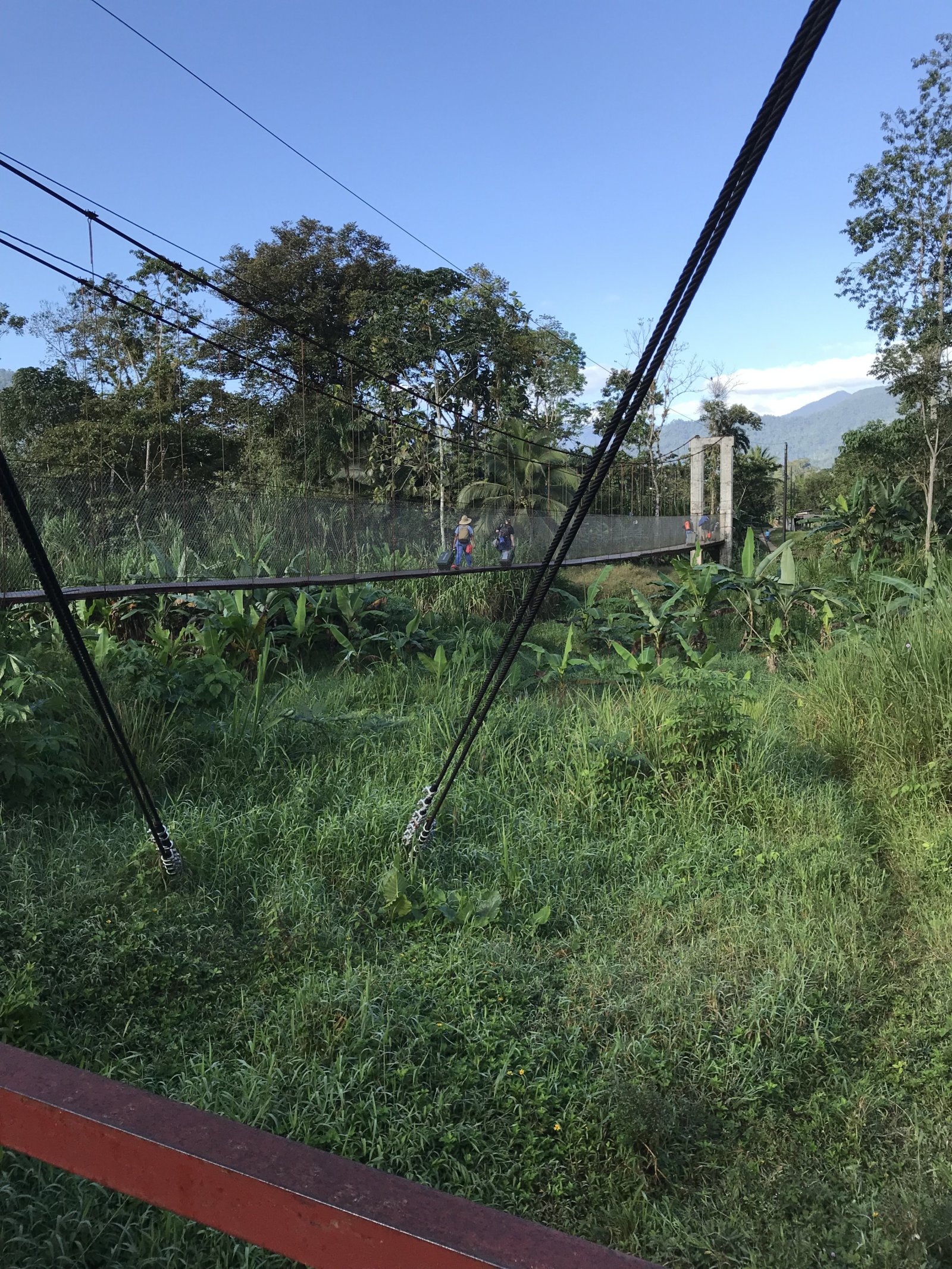Understanding the Expat Experience
Social media often presents a glamorous image of expat life. Scrolling through platforms like Twitter or Instagram, moving to a different country appears aspirational and adventurous, full of possibilities. However, the less appealing aspects of expat life are often left out of the frame. While relocating is a significant privilege, the reality can be quite challenging.
My journey began in 2017 when I left the UK, first to live in Australia and then later in the USA. Throughout this journey, I encountered intriguing individuals and exciting opportunities; however, moving abroad demands immense optimism and resilience. My patience faced tests with visa and passport complications, and my belongings were stranded in a lost shipping container. There were lonely moments filled with tearful video calls and frustrating conversations with various tax authorities. If your mother’s like mine, she’ll never quite adjust to your time zone. Welcome to the emotional roller coaster of expat life.
Paperwork Becomes an Olympic Sport
I never anticipated sending WhatsApp conversations to Australia’s immigration authority, but the path to expat life is paved with an overwhelming amount of paperwork, leading down unexpected paths.
In 2016, my partner Matt and I decided to leave the UK for Melbourne. Since Matt was born in Australia, my simplest option was to apply for an unmarried partner visa. This process seemed straightforward initially, but as many expats can attest, visa applications quickly accumulate into stacks of documents. Additionally, the online forms often time out before submission.
My visa application required evidence of a genuine relationship, with specific metrics. We provided screenshots of our text messages as proof of communication during long periods apart. Additionally, we collected whimsical postcards from friends to assert that we resided at the same address. Group selfies worked to demonstrate our shared social circle, and we needed written statements from acquaintances vouching for us, including one well-meaning friend who noted, “I have witnessed Anita and Matt being physically affectionate on many occasions.”
We endured a long wait, almost a year, for visa confirmation, during which self-doubt began to creep in. Did we still want to go through with this move? Ultimately, after several pleading emails, our visa was granted. Although it was unceremonious and lacked spontaneity, we were on our way.
Jet Lag Can Strike Body and Soul
Upon arriving in my new city, Melbourne, I anticipated encountering jet lag, which left me feeling sleepless, groggy, and constantly hungry at inopportune times. However, I was unprepared for the emotional jet lag.
Almost every expat maintains a mental connection with their home time zone, and I was no exception. At certain hours, my friends and family in the UK would be waking up, and my phone would light up with notifications. My brain buzzed with joy from these interactions, which led to sleepless nights filled with chats and photo exchanges. During daylight hours, however, my phone would remain quiet, aside from communication with my partner. Everyone else back home was fast asleep.
Transitioning to a new location necessitates severing ties with home. While I kept in touch with friends back in the UK, I learned to set my phone aside. With clearer eyes, I invested time in meeting new people in Australia, and gradually, my phone began to buzz during the day.
Cultural Differences Will Recalibrate Your Brain
Relocating to a country where you may not speak the local language represents a significant leap of faith. However, even without a literal language barrier, communication can pose challenges.
Expats migrating between English-speaking countries face not a language barrier, but rather a wave of nuance. My own vernacular often elicited blank stares, while my attempts to adopt Australian expressions sparked laughter. Certain Australian terms flowed effortlessly, yet would perplex a genuine Brit (no examples provided for discretion).
Moreover, moving abroad serves as an enlightening experience regarding how outsiders perceive your home country. For some Australians, my homeland was synonymous with London, Manchester United, and the Queen. The UK was discussed in a warm, yet gently dismissive manner, likened to a charming and eccentric old aunt—full of history but seen as slightly out of date. Viewing my country through the eyes of others not only broadened my perspective but offered ample food for thought.
In contrast, I had to learn about Australia itself. I witnessed protesters advocating for climate change action and Aboriginal rights, emerging with a richer understanding of Australia’s social and political landscapes. Outside city limits, Australians often communicate volumes with a mere shrug. For instance, while hiking in New South Wales, I inquired about the dangers of long, brown snakes, only to receive a calm reply typical of Aussie culture: “Yeah nah, you don’t wanna get bit by one of those fellas.”
My newfound knowledge about Australian snakes was short-lived. After less than two years in Melbourne, an opportunity arose for Matt and me to move again, this time to San Francisco. Having conquered one international move, we reasoned we could certainly handle another, believing that our experience would make us adept at expat life.
‘Home’ Takes on a New Meaning
When you ask an expat where home is, expect a mix of profound reflection and wistful nostalgia. Initially, the place left behind continues to feel like home—familiar routines, cherished faces, and comforting memories help ease the transition.
Gradually, new routines transform your current location into a semblance of ‘home.’ However, while expats create pathways across new terrains—discovering hangouts they’ll revisit and befriending individuals—former homes inevitably evolve as well. Friends and family move on, marry, or undergo life changes, such as welcoming new children or facing health challenges.
Recently, during a visit to my previous neighborhood in London, I found myself reminiscing about the good old days. My favorite café was no more, overshadowed by an influx of vape shops. My trips back to the UK are filled with the joy of reunions and rediscovery, yet they also carry a sense of melancholy. My former haunts no longer hold the same meaning. The weddings and funerals missed weigh heavily upon me. As I walk once-familiar streets and confront memories of my previous self, I am forced to ponder: who am I now?
Life Abroad Has a Complex Cost
As a seasoned expat, I currently find myself in San Francisco. This vibrant city showcases its colorful houses, affectionately known as the ‘Painted Ladies.’ Parks buzz with laughter, picnics, and live music. In historic pubs, staff share tales from California’s Prohibition era. As I cycle along the picturesque waterfront, weaving past pier buildings and the iconic Bay Bridge, I often marvel at living in such a beautiful place.
Nevertheless, San Francisco is also a city grappling with complexity and division. Housing remains a pressing issue, with over 9000 individuals facing homelessness. The continued influx of individuals seeking opportunities fuels skyrocketing rents and a notoriously high cost of living. It’s easy to fall into an expat bubble of sunshine and abundance, but it’s crucial to consider whether the expatriate lifestyle contributes constructively or destructively. Instead of fixating on what I can take from my time in San Francisco, I shifted my focus: if the city and its residents are generously hosting me, how can I reciprocate?
Whether one’s international experience is intended to last indefinitely or has a defined endpoint, expats have a duty to contribute to the vibrancy of their new city. While enjoying fine dining and capturing sunset photos, it’s equally important to listen sincerely, volunteer time, and engage proactively with the local community. It was at this moment that San Francisco began to truly feel like home.





